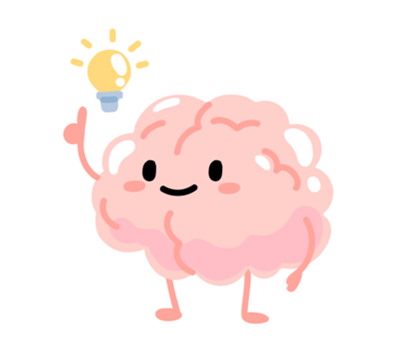By Jodie Shell
•
February 18, 2025
In the bustling environment of an elementary classroom, harnessing students' attention and self-control can seem daunting, yet these executive functioning skills are crucial for academic success and personal development. As educators, nurturing these skills can empower students to become more focused, resilient, and independent learners. Here’s how teachers can integrate strategies, such as structured routines, mindfulness exercises, and interactive activities, to cultivate these capabilities in young learners. Structured Routines: The Backbone of Classroom Management Establishing a consistent daily routine is a fundamental step in helping students master self-control and attention. Predictable schedules provide a sense of security, helping students understand what is expected at different times of the day. Teachers can start by outlining the day’s agenda at the beginning of each class, using visual aids like charts or calendars. This not only sets clear expectations but also helps students mentally prepare for transitions between activities. Gradually, students learn to manage their time and maintain focus, knowing exactly what comes next. Mindfulness Exercises: Building Inner Focus Incorporating mindfulness exercises into the classroom can significantly enhance students' ability to concentrate and regulate their emotions. Simple activities, such as guided breathing or short meditation sessions, can be seamlessly integrated into the school day. For instance, starting the morning with a five-minute breathing exercise can calm students' minds, setting a focused tone for learning. Mindfulness not only improves attention span but also aids in emotional regulation, helping students pause and think before reacting impulsively. Interactive Activities: Engaging and Educative Interactive activities that require students to follow instructions or work collaboratively can effectively boost their attention and self-control. Games like "Simon Says" or "Red Light, Green Light" require students to listen carefully and respond appropriately, honing their capacity to control impulses and focus on the task at hand. Additionally, activities that involve problem-solving or creative thinking—such as group projects or classroom debates—encourage students to concentrate and engage deeply with their peers and the material. Positive Reinforcement: Encouraging Growth Positive reinforcement plays a pivotal role in developing executive functioning skills. Praise and rewards for demonstrating self-control and attention can motivate students to replicate these behaviors. Teachers can implement systems such as token economies or recognition boards where students earn points or badges for exhibiting focused behavior. Celebrating these achievements fosters a classroom culture that values perseverance and self-regulation. Creating a Supportive Learning Environment Finally, fostering a supportive learning environment is essential. Teachers can create a space where students feel safe to make mistakes and are encouraged to learn from them. Implementing flexible seating arrangements or quiet zones can cater to different learning styles and help maintain focus. By cultivating a classroom atmosphere that respects individual needs and promotes positive interactions, teachers can significantly enhance students’ executive functioning abilities. By incorporating structured routines, mindfulness exercises, interactive activities, and positive reinforcement, teachers can play a pivotal role in developing students' attention and self-control. These skills are not only foundational for academic achievement but are vital for students’ overall personal growth and future success. As educators embrace these strategies, they prepare students to navigate the challenges of the modern world with confidence and competence. At GrapeSEED, we have embraced routine, interaction and creating an encouraging and supportive environment. As a matter of fact, these qualities are a large part of who we are and how our curriculum is structured. Want to learn more about us? Just click here!












